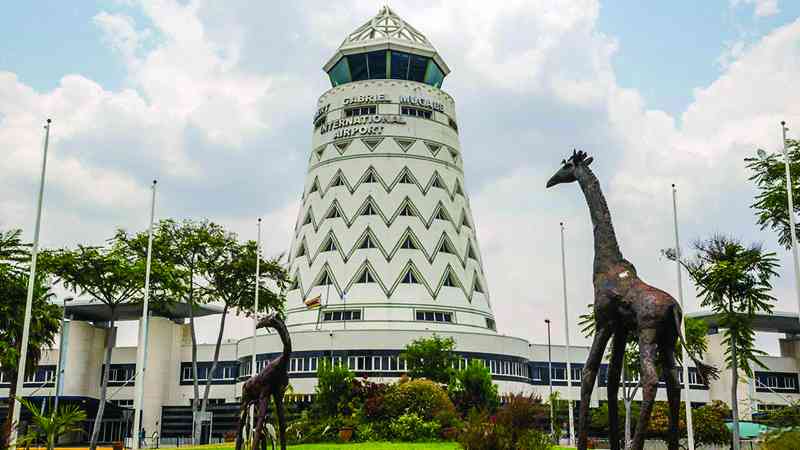
The Airports Company of Zimbabwe (ACZ) is scouting for international partners to help fund the transformation of aviation security infrastructure at major airports in the country.
This move is expected to help Zimbabwe consolidate its ambition to transform into a regional transit hub.
The plan, still in the funding phase, will see the installation of cutting edge civil aviation security systems, with a strong emphasis on biometric technology.
ACZ chief executive officer Tawanda Gusha said the US$450 million project will enhance passenger safety, safeguard cargo, and reduce the cost of airline operations.
“We are still working on funding modalities before going to tender,” he said.
“This investment will improve the security of aircraft, passengers, and cargo. It also has the potential to reduce airline insurance premiums. All systems will be using modern technology, including biometrics.”
The project is targeting Robert Gabriel Mugabe International Airport in Harare, Joshua Mqabuko Nkomo International in Bulawayo, as well as Victoria Falls International Airport.
Ageing security systems and outdated infrastructure have long hindered Zimbabwe’s competitiveness in the region.
- Airports Company strikes mega hotel deal
- RGM Airport ‘now a human trafficking hub’
- Airports Company strikes mega hotel deal
- RGM Airport ‘now a human trafficking hub’
Keep Reading
The proposed overhaul comes at a critical moment, as Zimbabwe looks to rebuild its reputation among international carriers, many of whom remain cautious due to infrastructure deficiencies.
By integrating biometric screening, AI-assisted surveillance, and next-generation cargo tracking, the ACZ hopes to meet security standards set by the International Civil Aviation Organisation and the International Air Transport Association.
This week, aviation stakeholders welcomed the move.
“Zimbabwe has to keep up and keep pace with the evolving and changing technological landscape in respect of airport security systems in order to improve airport security, enhance the capacity and capabilities to handle more passengers in relation to the recent expansion and modernise and upgrade the infrastructure to improve the visitor experience,” Tourism Business Council of Zimbabwe president Clive Chinwada said.
“In addition, these investments also enhance operational efficiencies and the competitiveness of our airports, which are benchmarked against the best in class by our tourists as our tourism source markets are mainly from long-haul international travellers, such as the West.”
Chinwada added that technologies under ACZ consideration will improve travel experience.
“Let me give you a typical example in terms of the experience. Currently, travellers still have to take off their shoes when checking into our airports,” he said.
“I have travelled to some international airports, and this practice is unique to our airports. It implies that these airports have upgraded their capabilities to negate this requirement, which goes a long way in enhancing the experience of tourists.”
The ACZ did not disclosed whether funding will be sourced via public-private partnerships, development finance institutions, or loans. But Gusha’s remarks suggest active engagement with potential financiers is underway.
In 2023, ACZ disclosed that it was seeking potential partners for the development of small airports in the country.
The country has been on an expansion drive for its airports that will boost passenger handling capacity to 9,2 million annually, from the current 5,5 million.
Guzha said this would result in improved handling capacity giving impetus to Zimbabwe’s efforts to rebuild its tourism industry, which was heavily battered by the Covid-19 pandemic travel bans of 2020 and 2021.







